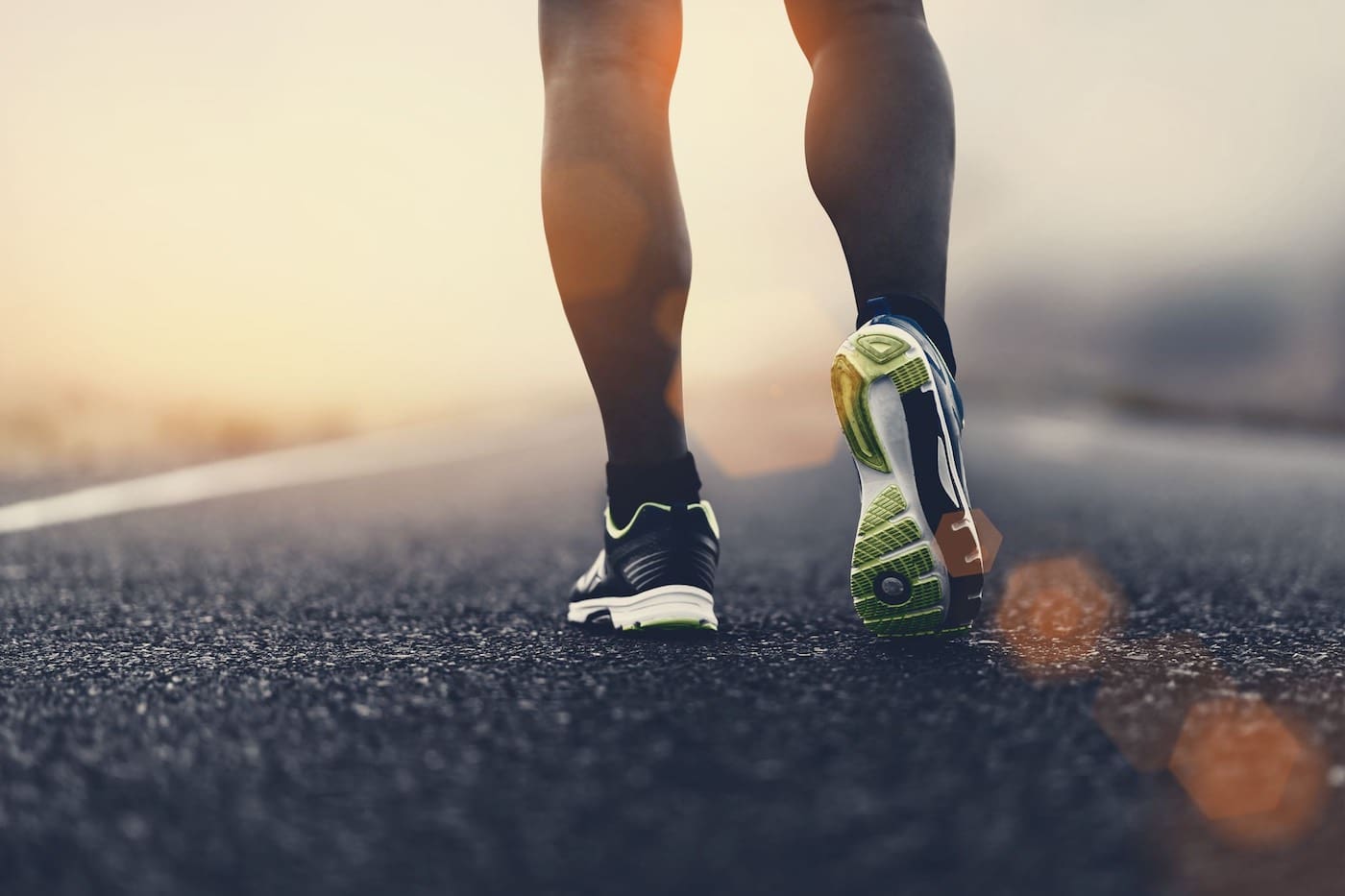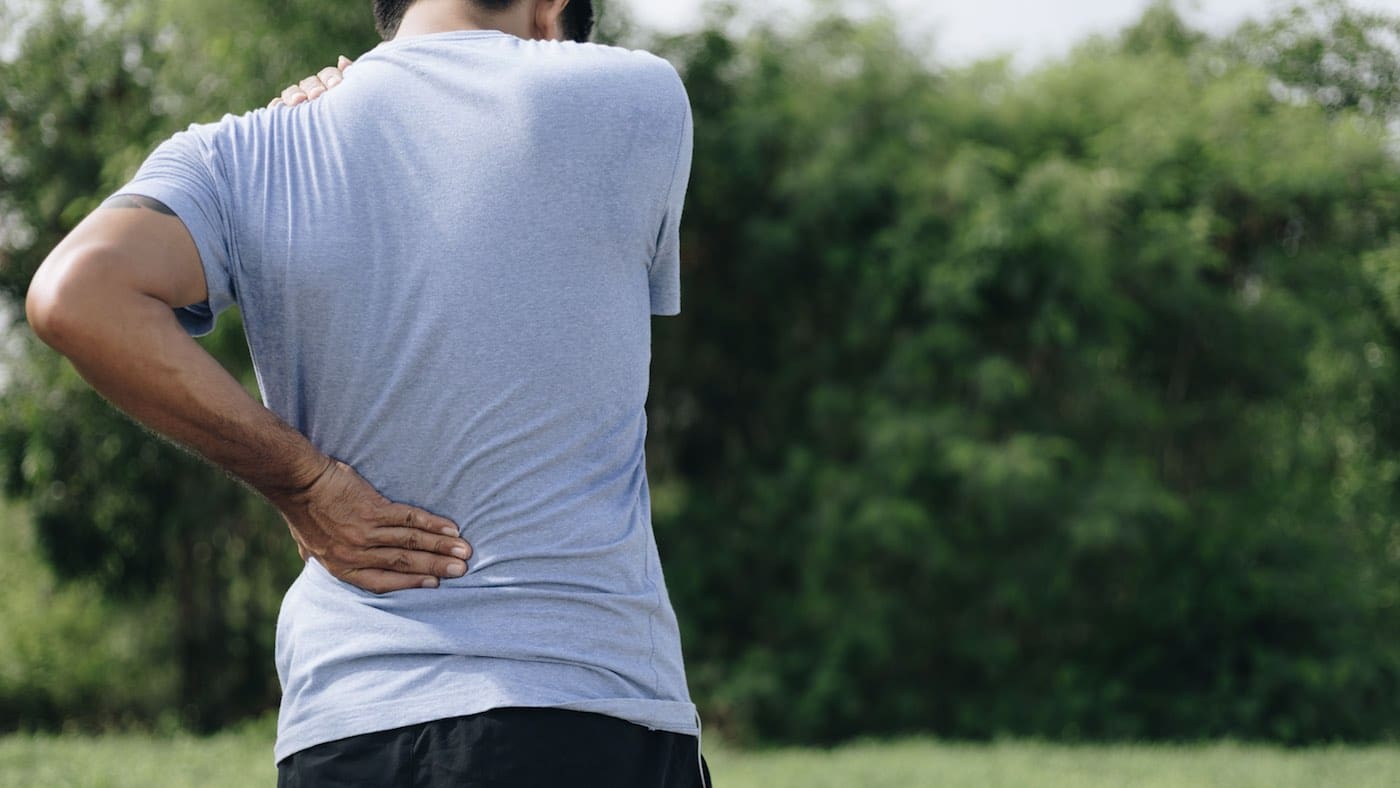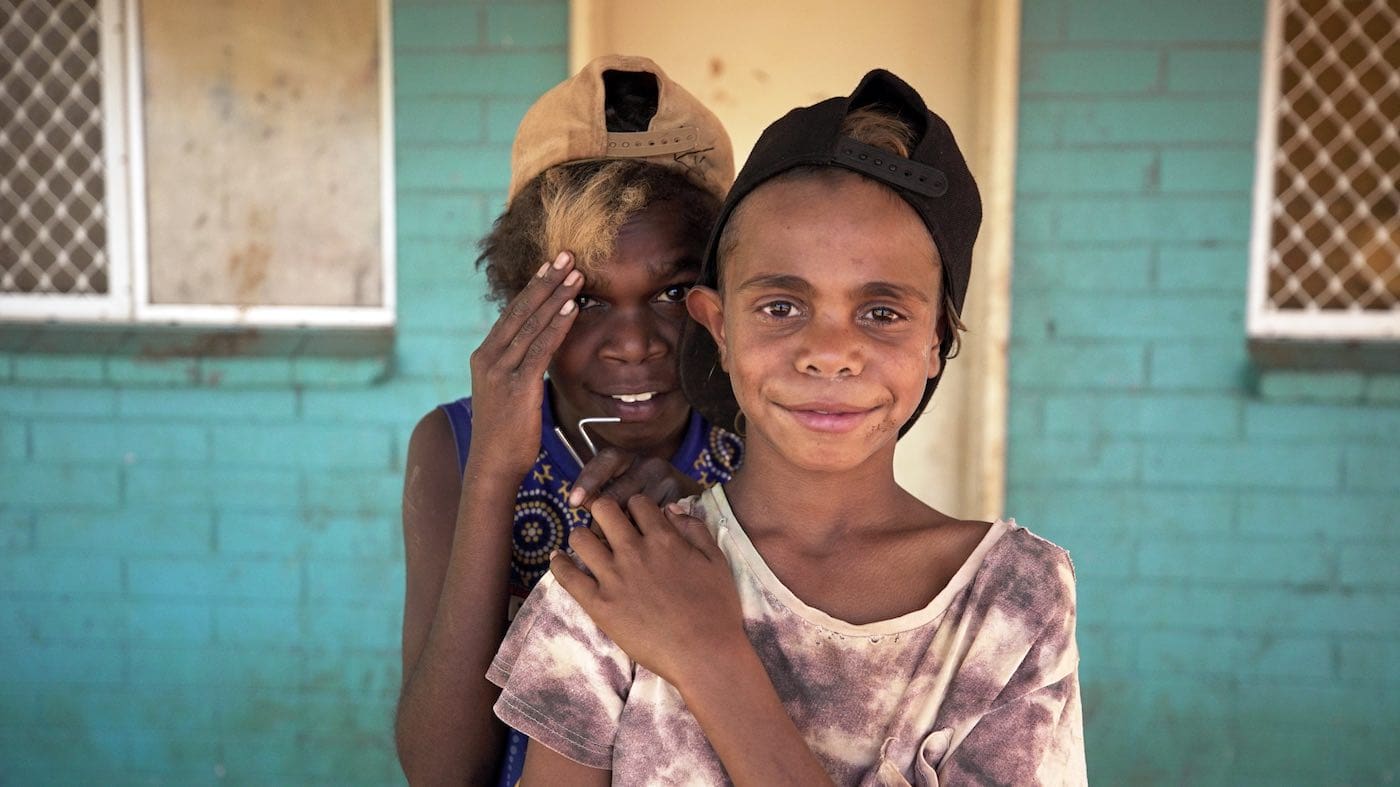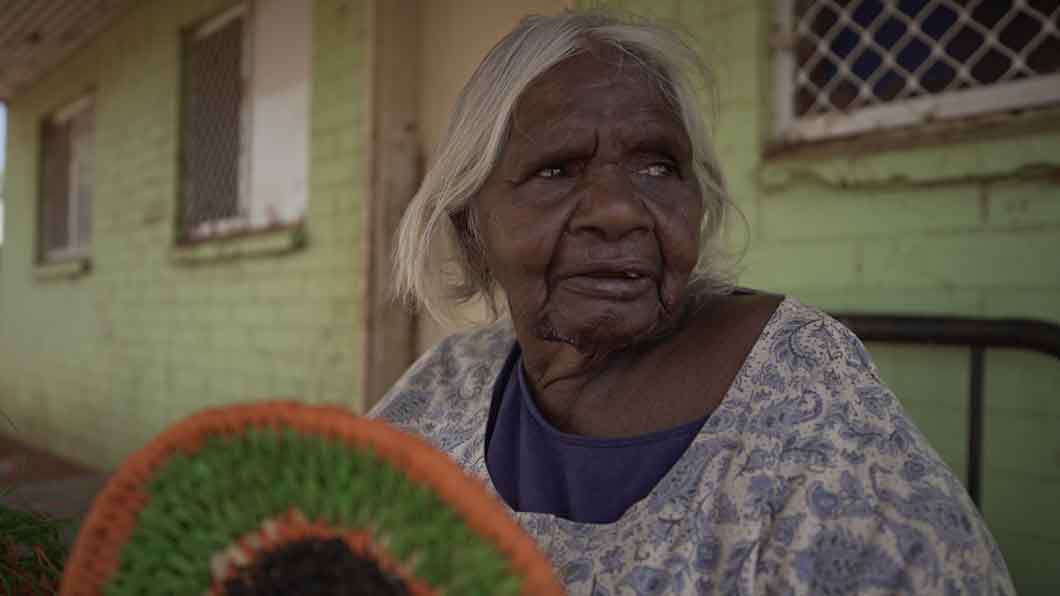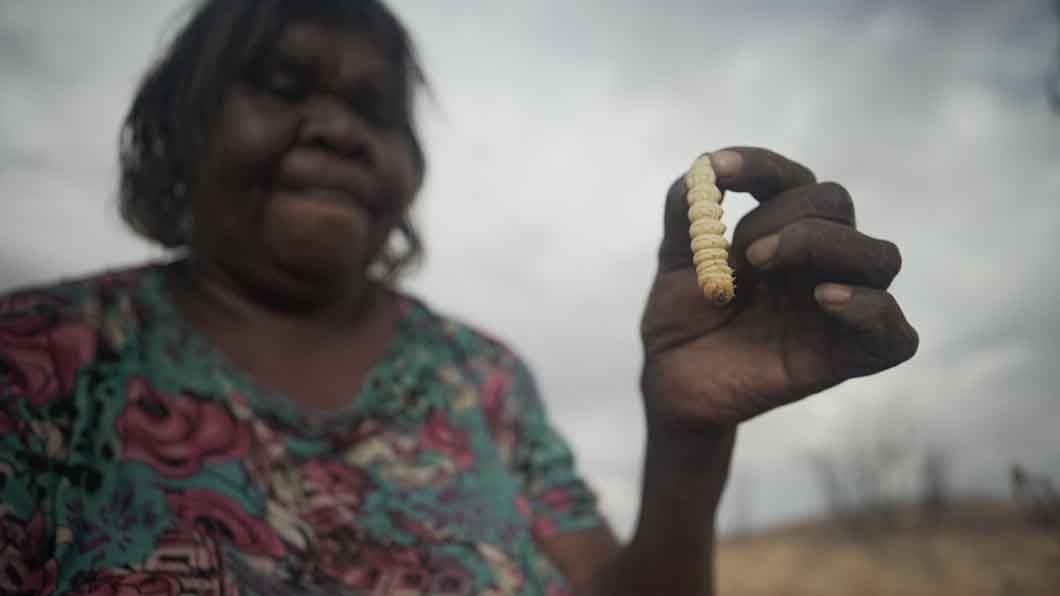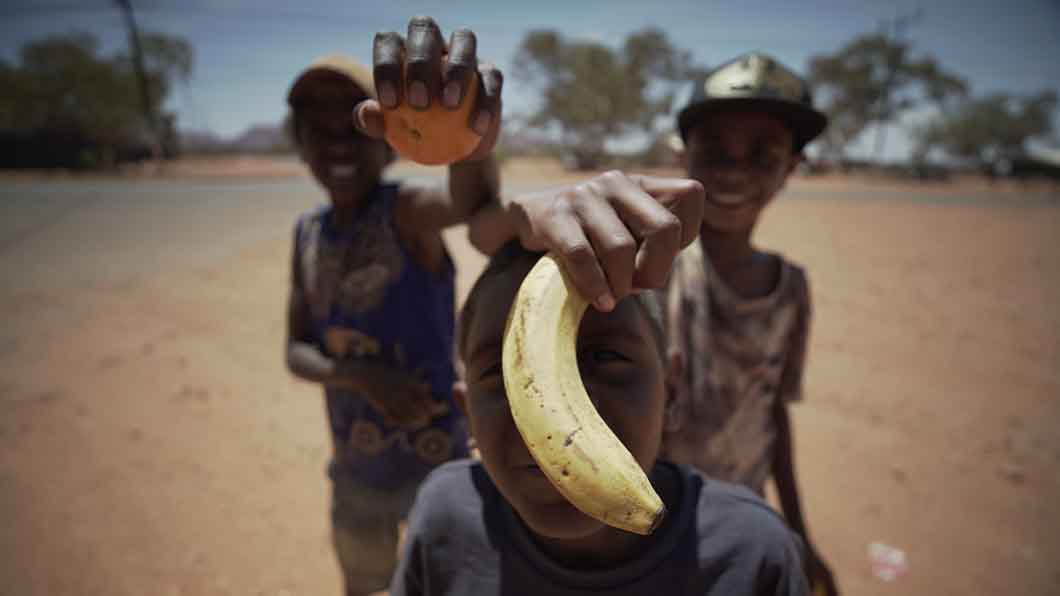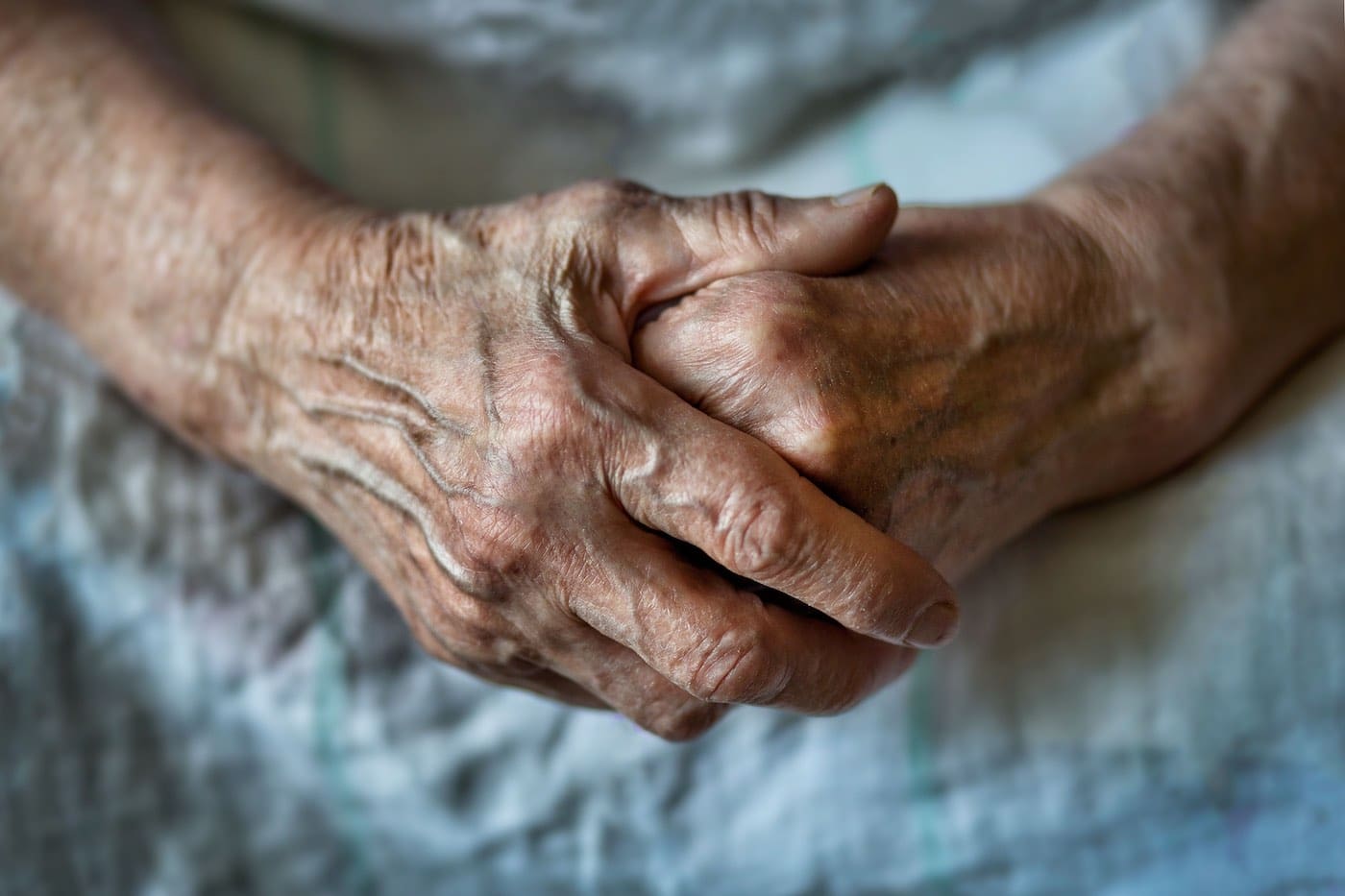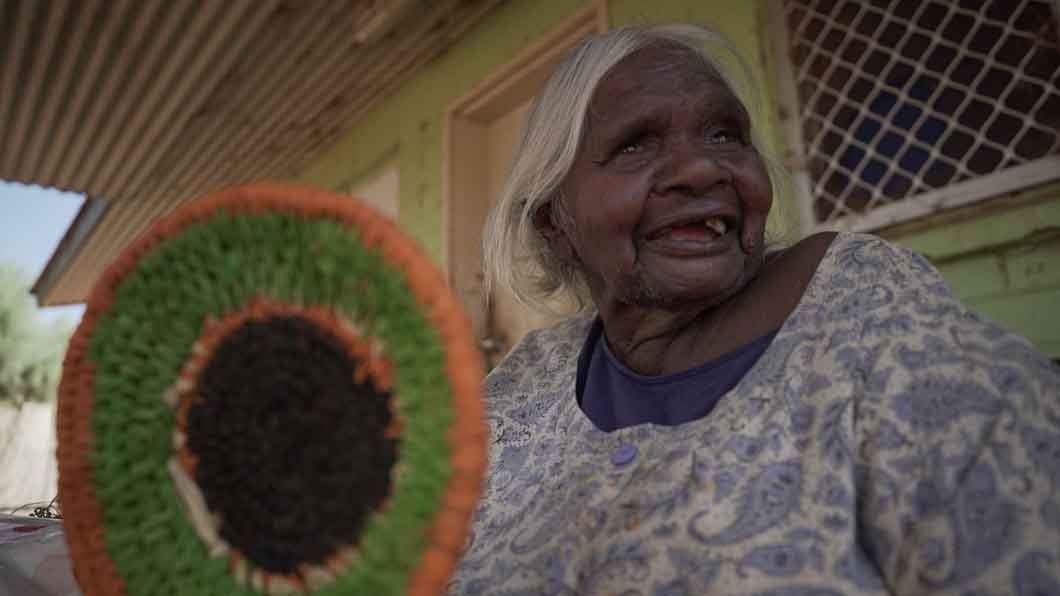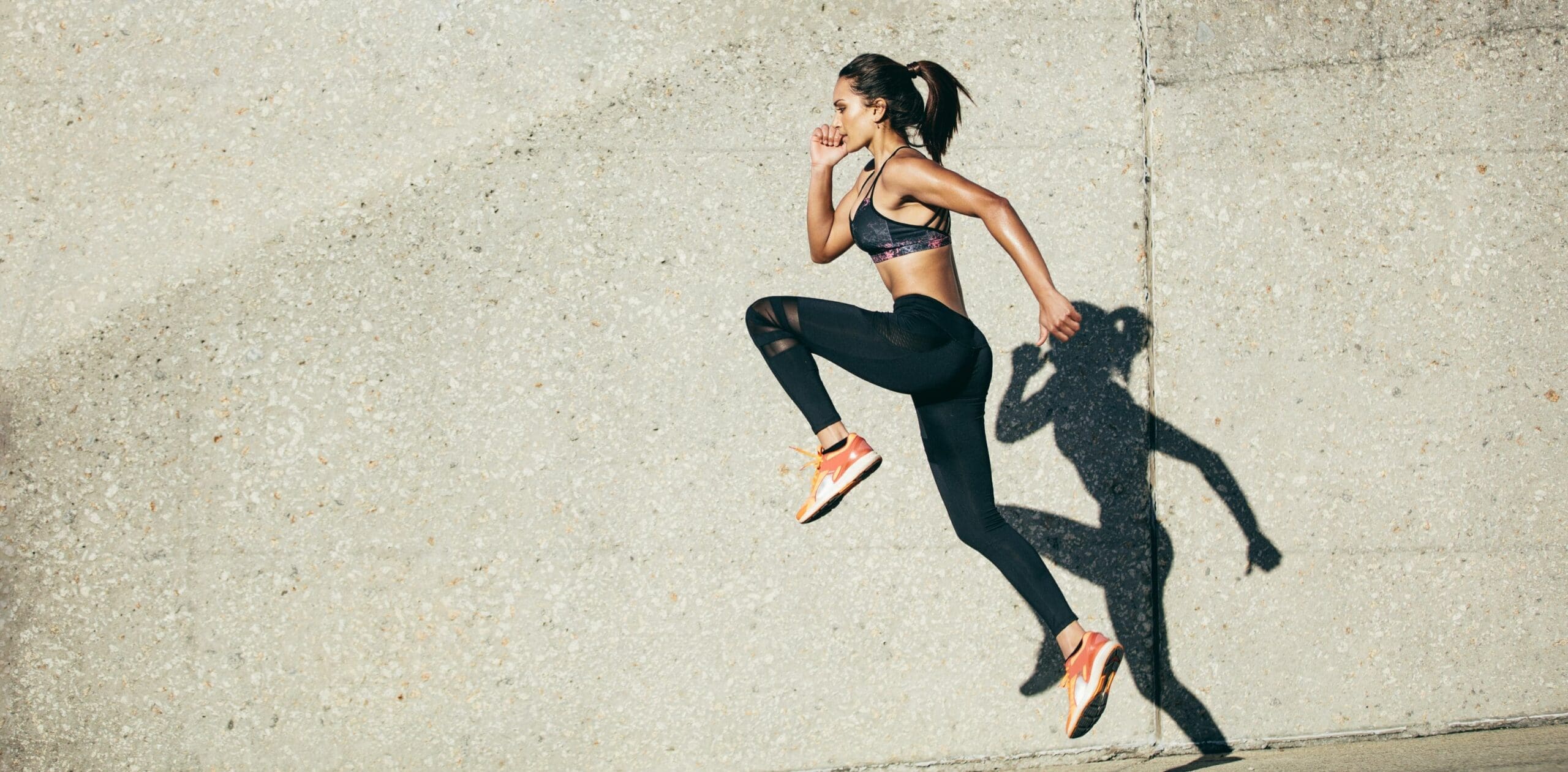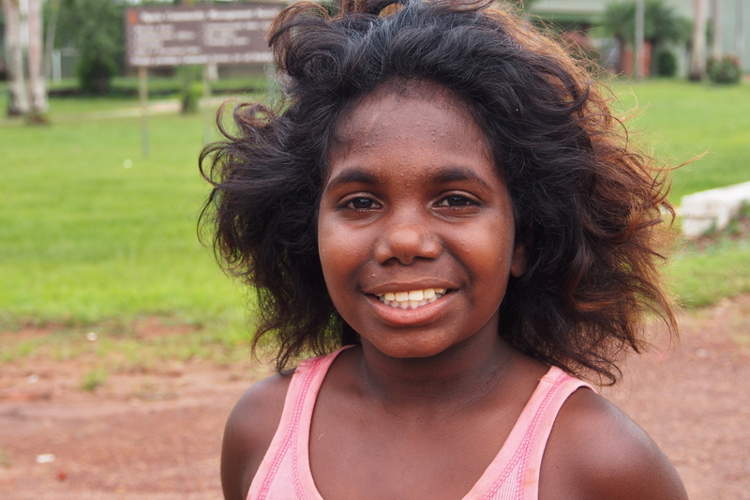Every Aboriginal person is at risk of heart disease, so it’s important to look out for the warning signs so we can help ourselves and help each other. Lots of Aboriginal people have died of heart attack because they didn’t even know they were having one.
Aboriginal Health
Lower back pain – bad back
People often describe back pain as having a bad back. Back pain, especially in the lower part of the back, is very common.
Immunisation for Aboriginal communities
Immunisation is a safe and effective way to help protect you, your family and your community from some very serious diseases.
Caring for Aboriginal elders
Many of our elders aged over 55 will have a long-term health condition such as diabetes, heart disease, or respiratory disease of the lungs. And it’s pretty common that as an aboriginal Torres Straight Islander person ages, they will have some disability.
Disabilities
If you have a disability, or if you are caring or supporting somebody that does, have a yarn to your medical service to find out what treatments and supports are available.
Health protection for Aboriginal people
By making healthy choices and changing your habits, you can protect your health and stay strong. These healthy choices are good for you for three reasons.
Dementia – Aboriginal health
By keeping your brain active and keeping your body healthy, you can help protect yourself against dementia. Keeping social with your mob, doing things like painting, playing music, singing, and yarning up.
Cataracts – Aboriginal health
Typical signs that you or someone in your family has cataracts include, hazy, foggy or blurred vision, seeing colours as yellow or faded, seeing starbursts or halos around lights, and being sensitive to bright lights and grey.
Being fit protects against diabetes
An extensive study shows us that being unfit and weak at 18 years of age is a key risk factor for developing diabetes later in life.
Diabetes and Indigenous Australians
Indigenous Australians are at higher risk of type 2 diabetes than non-Indigenous Australians.

